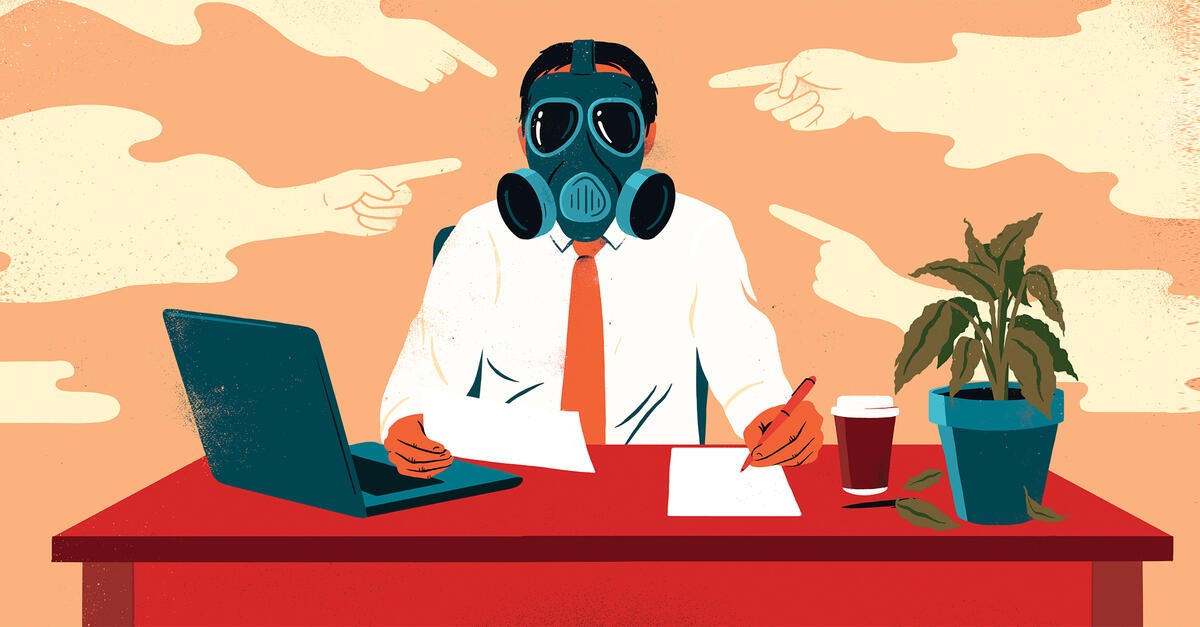
The legal profession is often considered a prestigious and high-paying career, but behind the glamour lies a dark reality of toxic working environments. In India, law firms are notorious for their long working hours and intense workload. Employees are often required to work for 12-14 hours a day, even on weekends, with no regard for their personal time or well-being.
The situation is particularly dire for junior associates who are expected to handle a wide range of legal cases and complete them within a short span of time. Many of them are overworked and stressed out, with little time for rest or relaxation. Despite their hard work, they are often underpaid compared to other IT firms in the country.
According to a study carried out by Vahura, a consulting firm specializing in the legal industry, a toxic work culture exists in multiple tier-1 and tier-2 law firms. The study identified several issues such as extended working hours, inadequate salaries and benefits, and a lack of alignment with the firm’s long-term objectives.
An Article (click to read) discusses why Lawyers Want To Leave Indian Corporate Law Firms Due To Toxic Work Culture.
Interestingly, coaching institutes for the Common Law Admission Test (CLAT) heavily advertise the lucrative job opportunities in law firms, trapping parents and students in a web of corporate placement.
To make matters worse, toxic behavior from senior associates is a common occurrence in many law firms. Juniors are often subjected to verbal abuse and harassment, which takes a toll on their mental health. The lack of support and guidance from senior management only adds to their misery, leading many to suffer from depression and anxiety.
The impact of a toxic work environment is not limited to the mental health of employees. It also affects their physical health, leading to a range of health problems such as chronic fatigue, back pain, and insomnia. The high-stress levels and lack of work-life balance can also lead to burnout, a state of emotional, physical, and mental exhaustion.
Despite the harsh conditions, many associates feel trapped in their jobs due to a lack of opportunities in other spheres. The legal profession is highly specialized, and it is not easy for lawyers to switch to other careers. This leaves them with no option but to continue working in a toxic environment, compromising their mental and physical health in the process.
The legal field in India is currently considered to have the worst career prospects when compared to other professional fields. A few advocates have captured the litigation market, leaving little room for junior lawyers. These advocates often pay their juniors no salary and treat them as clerks. In some cases, the Bar Council of the concerned state has to step in to provide minimum wages ranging from Rs. 1,000 to Rs. 3,000 for these juniors. Government job opportunities are almost non-existent, and private colleges pay their faculty meager salaries and demand excessive work. As a result, many lawyers are left with no choice but to join law firms and submit to corporate slavery.
